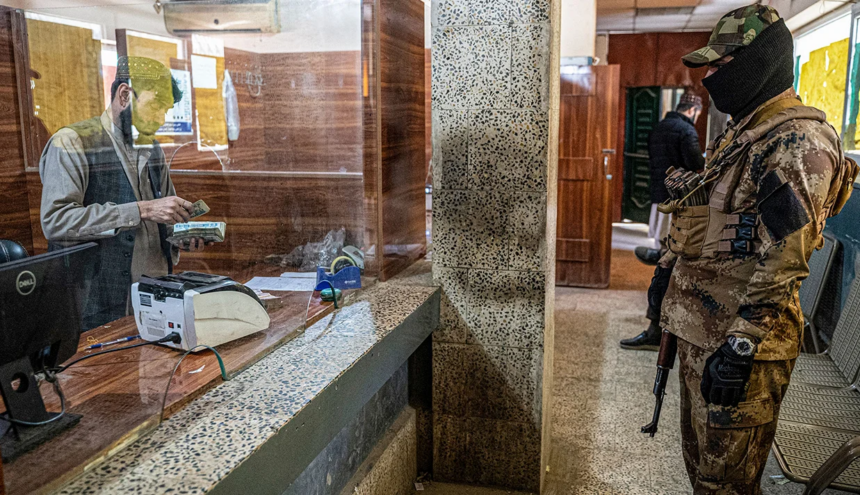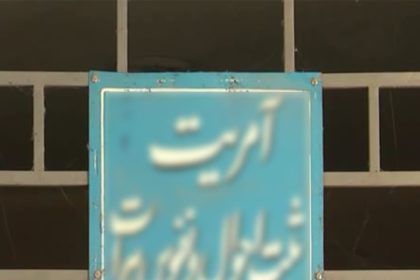RASC News Agency: The Taliban regime continues to withhold salaries from public sector employees under its administration, deepening the economic despair of millions of Afghanistani citizens already grappling with soaring inflation and widespread poverty. According to informed sources, as of Wednesday, April 9, the Taliban has failed to disburse the salaries for the month of March 2025. The most recent payment covering the month of February, was belatedly issued during the Eid al-Fitr holiday, leaving many without income for weeks amid one of the most challenging periods of the year.
Government workers interviewed by RASC have expressed frustration and desperation over the regime’s neglect, stating that delayed wages have severely impacted their ability to meet basic living costs. The steep rise in food prices, rent, and utility expenses has placed unbearable strain on ordinary households, while the Taliban remains either indifferent or incapable of addressing these growing concerns. “There is no accountability, no communication, and no consideration for the people who are suffering,” one employee remarked. “They treat us like expendable tools, while they hoard resources and rule with arrogance.”
The regime’s financial mismanagement appears to be systemic. Earlier reports revealed that Taliban supreme leader Hibatullah Akhundzada has stripped the Ministry of Finance of its authority over public funds and salary payments, transferring control to his own private office. This unprecedented centralization of power has not only crippled administrative transparency but has also raised serious alarms about corruption and the misuse of public revenues. Insiders say this opaque financial structure has paralyzed government operations, while a growing number of employees have confided to the media that they can no longer afford basic necessities such as rent, electricity, and daily food. Some report being forced to borrow money or abandon their posts altogether as survival becomes impossible.
Since the Taliban’s return to power in August 2021, Afghanistan’s socio-economic fabric has been pushed to the brink of collapse. International isolation, failed governance, and internal repression have left a once-functioning state in ruins. Today, over half the population faces acute food insecurity, and unemployment has reached staggering levels. Despite receiving billions in foreign aid, the Taliban has failed to institute even the most basic economic safeguards for its people. Critics argue that the Taliban has prioritized ideological enforcement and authoritarian control over public welfare. Rather than investing in healthcare, education, or food security, the regime has focused on consolidating its power, silencing dissent, and enforcing draconian laws often at the expense of the very citizens it claims to govern.
Observers warn that without urgent international intervention and internal structural reform, Afghanistan risks plunging further into a humanitarian catastrophe. As long as the Taliban maintains its grip on power without accountability, the Afghanistani people will remain trapped in a cycle of economic despair and political repression.






